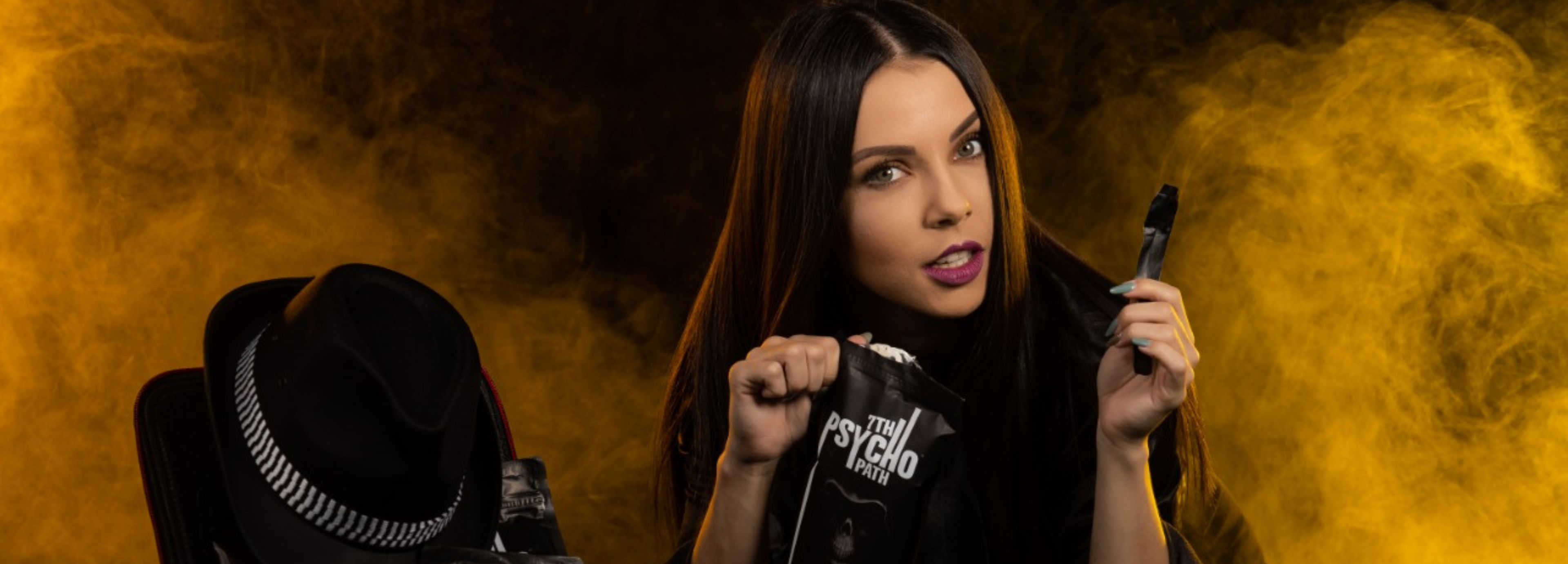FAQ
Delivery Charges
We offer Standard delivery directly to your door throughout South Africa. Delivery Charge is R120-00 and free on orders over R1000.
Will I Die If I Drink This Coffee?
We certainly hope not.
Without set criteria, scientists generally agree that around 10 grams of caffeine can lead to death.
That means you would need to consume nearly 2 x 250g bags of coffee
in one go, so unless you are the hulk who brews his coffee in a water
tower and drinks his coffee out of a dustbin, you should be safe.
We do however provide the following safety warning and if you are not sure please consult with your medical practitioner first.
Caution!
This product contains high levels of caffeine, over 23000mg/kg.
(23g/kg) Consume responsibly, recommended dosage - 1 cup per day. Not
recommended for children, pregnant or nursing women or people sensitive
to caffeine or with any medical conditions whatsoever.
How Should I Brew My Coffee?
We recommend using our standard brewing ratio which can be used for
all types of gourmet blends and added a couple of other recommendations
by the NCA (National Coffee Association).
The Grind
If you buy whole bean coffee, always grind your beans as
close to the brew time as possible for maximum freshness. A burr or
mill grinder is best because the coffee is ground to a consistent size.
A blade grinder is less preferable because some coffee will be ground
more finely than the rest. If you normally grind your coffee at home
with a blade grinder, try having it ground at the store with a burr
grinder - you’ll be surprised at the difference!
(Whichever option you use, always follow manufacturers'
recommendations when using your grinder, and be mindful of any necessary
safety considerations.)
The size of the grind is hugely important to
the taste of your coffee. If your coffee tastes bitter, it may be
over-extracted, or ground too fine. On the other hand, if your coffee
tastes flat, it may be under-extracted, meaning your grind is too
coarse.
The Water
The water you use is very important to the quality of
your coffee. Use filtered or bottled water if your tap water is not good
or has a strong odour or taste, such as chlorine.
If you’re using
tap water, let it run a few seconds before filling your coffee pot, and
be sure to use cold water. Avoid distilled or softened water.
Coffee-to-Water Ratio
2.5 tablespoons of ground coffee for
every 175ml (milliliters) of water, this can be adjusted to suit
individual taste preferences.
Water Temperature
Safety first! Of course, any time you are
working with heat and hot beverages, take all necessary precautions for
everyone from those preparing coffee, to those being served, and
drinking coffee.
Your brewer should maintain a water temperature between 90 and 96
degrees Celsius (195 to 205 degrees Fahrenheit) for optimal extraction.
Colder water will result in flat, under-extracted coffee, while water
that is too hot will also cause a loss of quality in the taste of the
coffee.
(However, cold brew does not need any heat.)
If you are brewing the coffee manually, let the water come to a full
boil, but do not over boil. Turn off the heat source and allow the water
to rest a minute before pouring it over the grounds.
Coffee usually cools rapidly after being served, depending upon the container from which it is being served.
And, many coffee drinkers may add cream or milk which also has a
cooling effect. Ultimately, the temperature at which any individual
coffee drinker will prefer their coffee is a personal preference, like
so many other things that make coffee special.
These are some of the reasons why it is best to serve coffee right
after brewing, when it is fresh and hot – typically at a temperature of
82 – 85 degrees Celsius (180-185F), according to research.
Of course, with respect to drinking coffee, vs. serving, you should
always allow your coffee – or any hot beverage – to reach a comfortable
temperature before drinking. One study has shown that coffee drinkers
typically drink their coffee at 60 degrees Celsius (140 degrees
Fahrenheit) or below.
Brewing Time
The amount of time that the water is in contact with the coffee grounds is another important flavor factor.
In a drip system, the contact time should be approximately 5 minutes.
If you are making your coffee using a French Press, the contact time
should be 2-4 minutes
Espresso has an especially brief brew time — the coffee is in contact
with the water for only 20-30 seconds. Cold brew, on the other hand,
should steep overnight (about 12 hours).
If you’re not happy with the taste of the final product, you're likely either:
Over-extracting - the brew time is too long
Under-extracting - the brew time is too short
Experiment with the contact time until you get the right balance for your taste.
The Equipment
Make sure that your tools — from bean grinders and filters to coffee makers— are thoroughly cleaned after each use.
Rinse with clear, hot water (or wipe down thoroughly), and dry with an
absorbent towel. It’s important to check that no grounds have been left
to collect and that there’s no build-up of coffee oil (caffeol), which
can make future cups of coffee,
taste bitter and rancid.
What Is The Shelf Life Of The Coffee?
Oh hell, we just drink as fresh as possible!
The general industry standard says 1 year from roast date, this is
what others in the industry suggest but we say the fresher the better
and that is why we roast upon order, because it just tastes so much dam
better when its fresh.
Are There Any Additives In The Coffee?
Absobloodylutely not.
We might be caffeine psychopaths, but we would never compromise our
integrity in our products, we use only ethically sourced coffee beans
and our roasting processes are strictly controlled to deliver you a high
quality untainted coffee.
How Safe Is My Credit Card Transaction?
We process all payments through PayFast, because they are South
Africa's most secure payment gateway, we have no access to your credit
card information whatsoever, that way its not only peace of mind for
you, but also peace of mind for us that our clients transaction and
information is always safe.
Our website is also SSL secured.
Is PayFast secure?
Absolutely! And often more so than many other payment methods!
PayFast is PCI DSS Level 1 Service Provider (the highest level).
PayFast is developed with the same demands on security and performance
as web sites used for banking services and share trading. Your account
login, personal details, and all money transactions are secured using
Secure Socket Layer (SSL) technology with high security 256 bit
encryption.
Your sensitive financial information (like
credit/debit card details) is never sent to the people you pay! So you
can send money without sending your financial information! So you don't
need to worry about paying people you don't know.
We make use of 3D Secure to further enhance the security of credit card transactions on PayFast.
Where Does 7th Psycho Coffee Come From?
Where else would you find people crazy enough to spend 3 years
tasting and testing every conceivable roast options to create not only
the strongest coffee on the planet, but also the greatest tasting coffee
on the planet?....
You guessed it good old South Africa, yes we are a bunch of South African caffeine psychopaths.
What Grind Option Should I Choose When Ordering The Coffee?
To simplify your purchase here is a breakdown of how to choose the right grind option.
- Whole Bean - This is used in a bean to cup machine.
- Plunger Ground - This is used in a plunger or otherwise known as a french press.
- Filter Ground - This is to be used in a filter machine otherwise known as a percolator .
- Espresso ground - This is used in a Moka stove pot, or you can use it in a home manual espresso machine similar to what you find in coffee shops.
- You can also select, Whole bean if you have a grinder and you can grind for options listed above, although we do recommend that you order the grind specific to your application as we grind our beans very maliciously, and all our 250g bags come with zipper seals so your coffee will stay fresher for longer.



